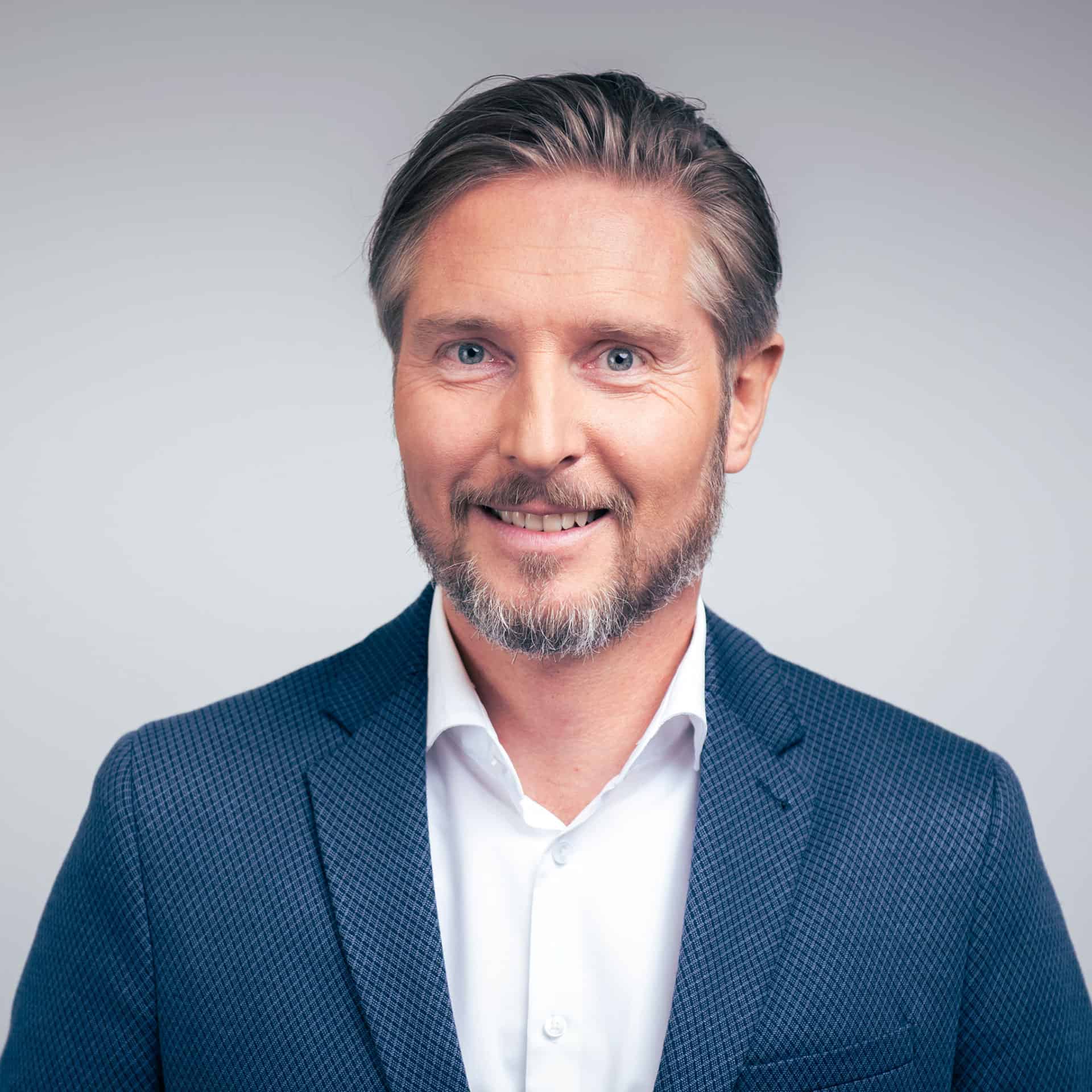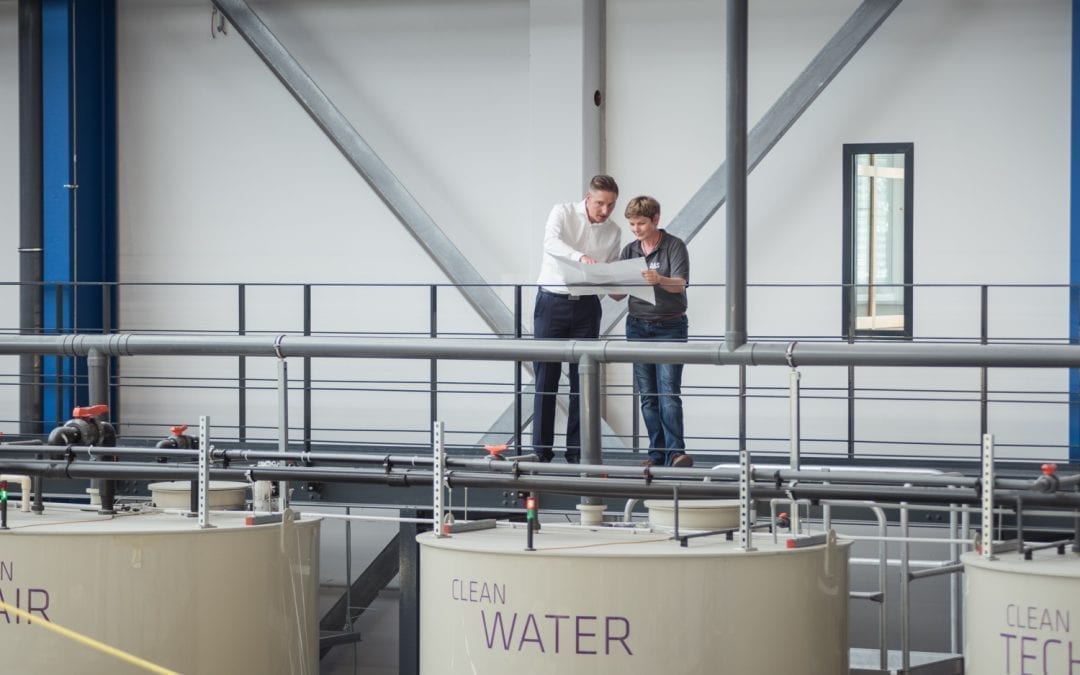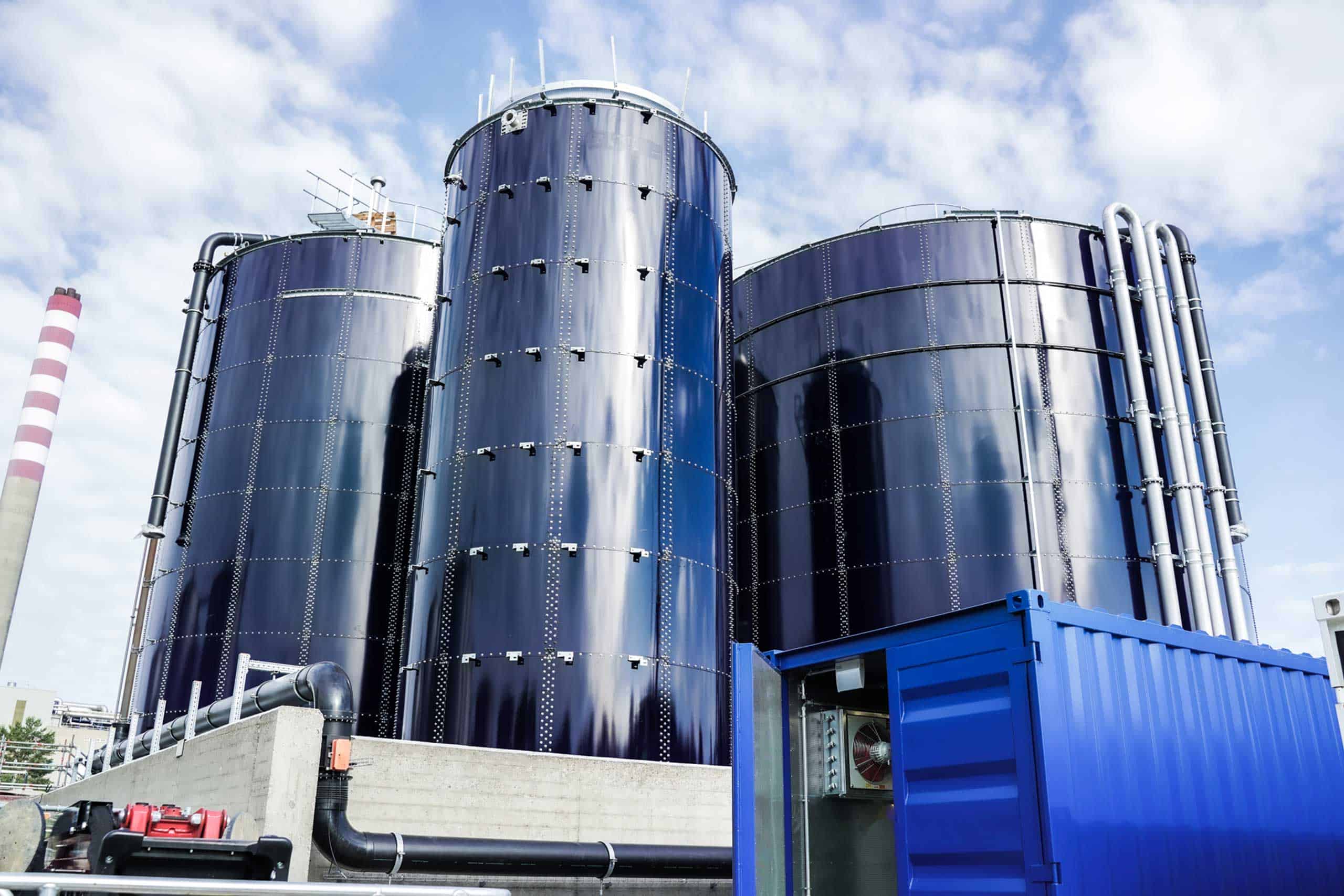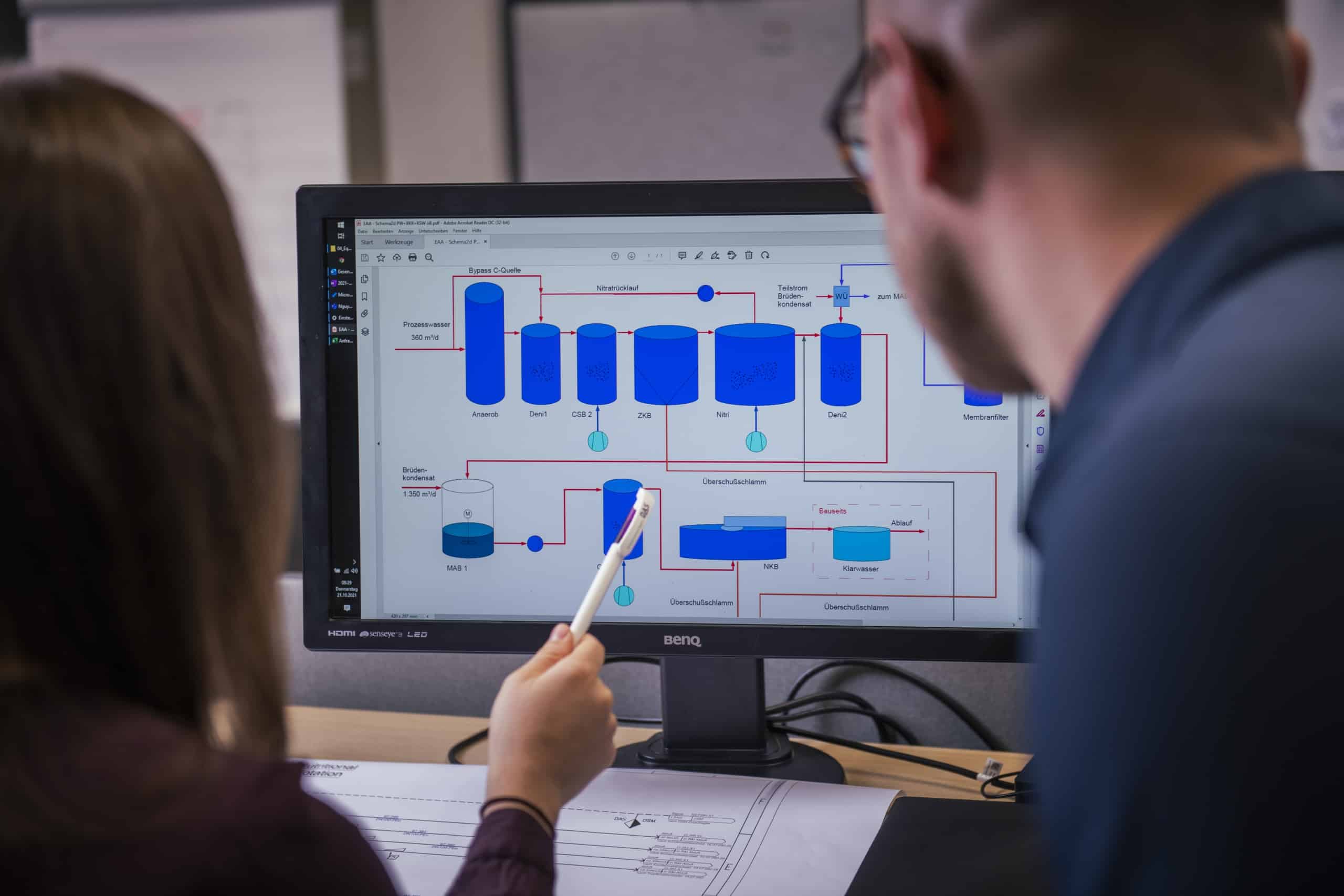Reduction of Disposal Fees Applying the TFR Technology in the Chemical Industry
Biological processes are established in wastewater treatment in most industries. Even for the compounds of the chemical industry, which are often difficult to degrade, such a technology can be profitable.
If chemical wastewaters containing high loads of organic compounds remain untreated and reach natural water bodies, the high oxygen consumption resulting from the organic compounds’ degradation can cause a massive disturbance in the waters’ organic balance. In the chemical and pharmaceutical industries, process wastewaters often contain substances that are harmful and must be prevented from getting into the water cycle.
Wastewater purification, however, is often a question of cost: when the cost for disposal with the respective treatment plant rises or when production facilities are expanded, the targeted pre-treatment of operational wastewaters provides an effective way to save on wastewater costs. Due to the highly effective and efficient technology of biological processes, wastewater treatment increasingly relies on biological treatment methods that, in contrast to chemical and physical treatment methods, continually degrade harmful substances.
Flue Gas Desulphurisation of a Power Plant
By using a biological process, DAS Environmental Expert helped a power plant operator in Berlin to reduce its disposal costs. Until the start-up of the new wastewater treatment plant, wastewater from flue gas desulphurisation had to be disposed through collection, transport and combustion.Thanks to DAS´ TFR technology, the wastewater can now be discharged directly into the Spree river under strict compliance with all legal requirements. After the biodegradation of the organic ingredients (mainly formic acid) the concentration is constantly below the COD limit of 60 mg/l.
Despite the large salt concentration — on average 15 g/l chloride — a comparatively small system volume is sufficient as the biodegradation rate is still high. The bioreactors vary in size and have been fitted into an existing hall. Due to the low weight of the bioreactors in all operating conditions, the entire system could be built on a intermediate ceiling. Since the TFR bioreactors have already been in operation for almost two decades, the plant will now be upgraded. There are two options analyzed right now: The implemented TFR technology can be upgraded or a new treatment applying the MBBR process is set up. In order to identify the most efficient and profitable process, DAS Environmental Expert installed a pilot plant.

Your contact person for all questions on wastewater treatment
Mirko Heinze
Chief Operating Officer Water Treatment




